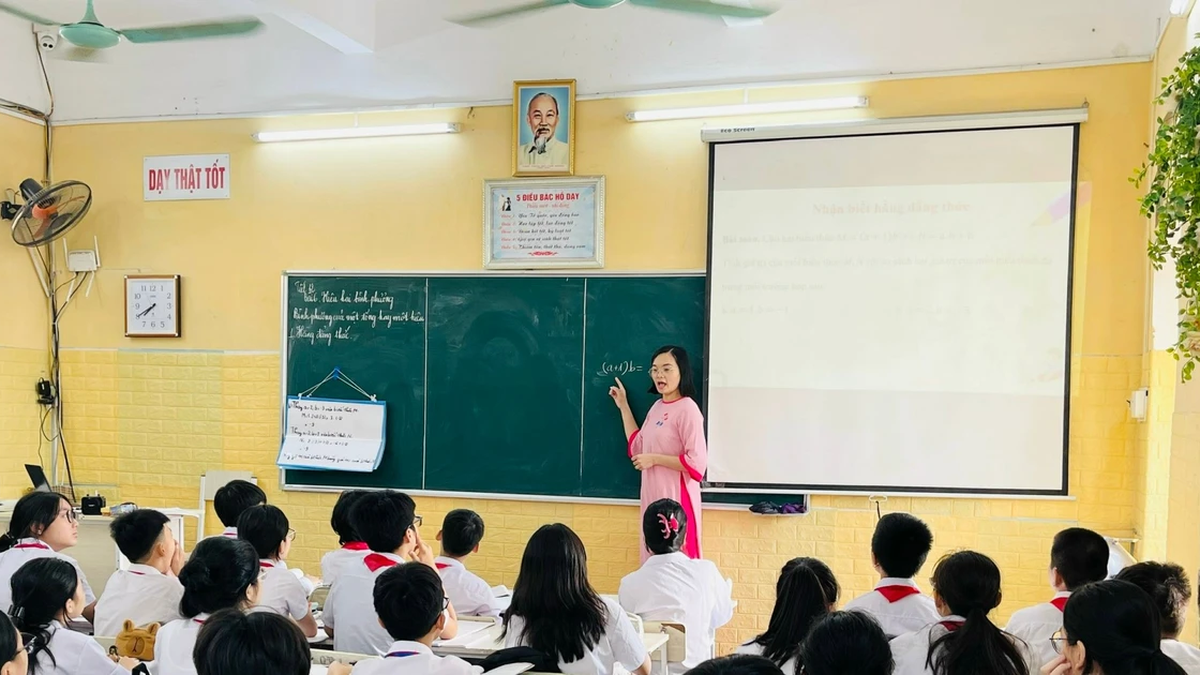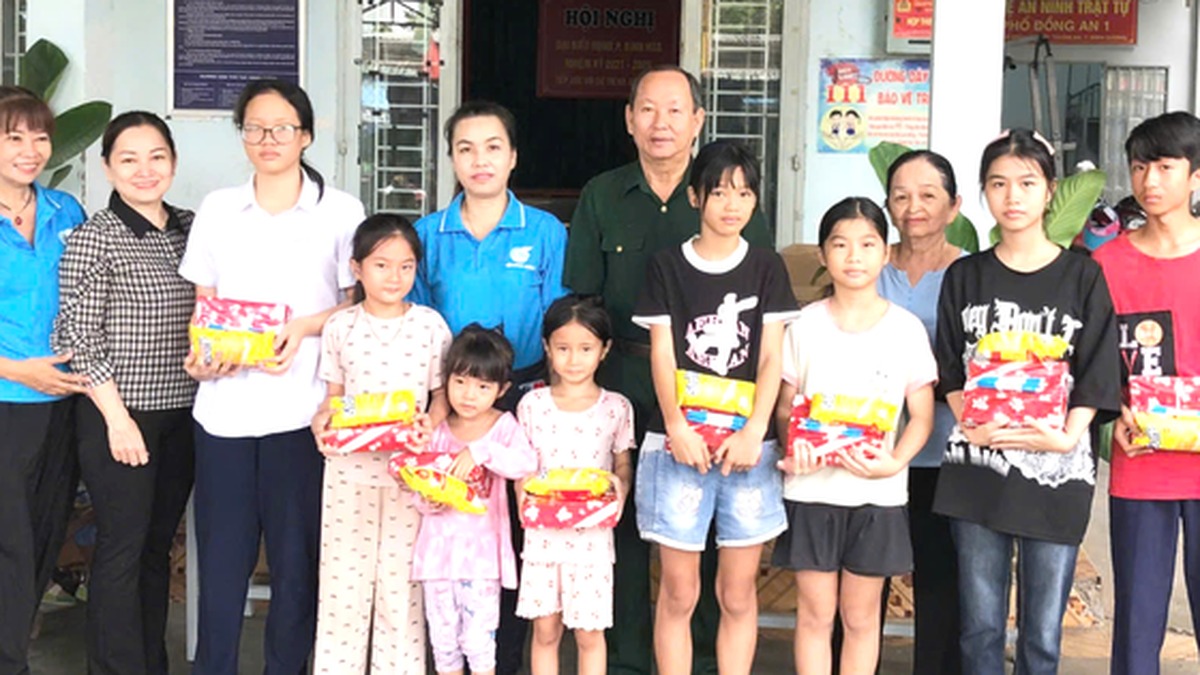On December 19, the Ministry of Agriculture and Rural Development, through the One Health Partnership Secretariat, in collaboration with the German International Cooperation Agency (GIZ), co-chaired a workshop to raise awareness of the One Health approach to reduce the risk of zoonotic diseases arising from wildlife farming and to summarize the project "Reducing health risks arising from wildlife trade in Vietnam".
This is part of a global project supporting the “International Coalition against Health Risks in Wildlife Trade” commissioned by the German Federal Ministry for Economic Cooperation and Development and supported by the German Federal Ministry for the Environment, Nature Conservation and Nuclear Safety.
The workshop summarized the results achieved after 1.5 years of joint implementation, including practical research activities, policy review and policy consultation to strengthen the management of commercial wildlife farming activities to minimize risks and prevent the emergence and spread of diseases from wildlife to humans.
Accordingly, knowledge on the “One Health” approach is disseminated to balance and enhance the health of humans, animals and the environment; contributing to reviewing the policy framework and technical standards for commercial wildlife farms in Vietnam, thereby making recommendations on policy development and disease prevention measures in wildlife farming.
Recommendations include the development and strict implementation of requirements for wildlife farming operations, including the identification of criteria and monitoring procedures for practices and groups of wildlife at high risk of disease transmission; and the proposal of specific biosecurity measures based on international best practices.
According to Mr. Vu Thanh Liem, Deputy Director of the Department of International Cooperation, Ministry of Agriculture and Rural Development, although the project is small in scale, it has effectively handled and supported the reduction of health risks arising from wildlife trade in Vietnam. The coordination of implementation respects the internal regulations of the parties, to jointly implement national, sectoral and international commitments.
“The workshop helps to orient and support the resolution of challenges as well as real needs regarding the risks of emergence and spread of zoonotic diseases in local wildlife farming activities; support biosecurity measures in wildlife farming activities and requirements to strengthen monitoring of the application of these biosecurity measures,” Mr. Liem emphasized.
It can be said that the project's recommendations have opened up new tasks, emphasizing the joint efforts of the State, Government , departments, branches, organizations, especially international partners, to focus resources on improving policies, regulations, and reorganizing the roles and functions of relevant agencies; strengthening coordination and cooperation between ministerial and inter-ministerial agencies, especially strengthening propaganda and dissemination to the authorities, communities, farm owners, and people about the risks from wildlife farming activities...
Meanwhile, Ms. Anja Barth, Chief Advisor of the GIZ Project, affirmed that the workshop was a good opportunity for the parties to exchange more deeply and effectively in line with the spirit of "One Health", and to continue to promote their role even after the project has ended, so that the results in Vietnam can be shared with many stakeholders on an international scale in the future.
To promote the integration of biosecurity measures applied in wildlife farms, the Ministry of Agriculture and Rural Development is finalizing a Decree (amended) to replace Decree 06/2019/ND-CP (dated January 22, 2019) and Decree 84/2021/ND-CP (dated September 22, 2021) on the management of endangered, precious and rare species of wild fauna and flora and the implementation of the International Convention on Trade in Endangered Species of Wild Fauna and Flora, expected to be submitted to the Government in 2024.
| Wildlife plays an important role in any healthy ecosystem. However, unsustainable exploitation and trade of them has increased the risk of human infection with zoonotic diseases and even outbreaks of disease. According to statistics, the country has about 8,600 wildlife breeding facilities with 2.5 million individuals of 300 species. |
Source





























![[Photo] National Assembly Chairman attends the seminar "Building and operating an international financial center and recommendations for Vietnam"](https://vphoto.vietnam.vn/thumb/1200x675/vietnam/resource/IMAGE/2025/7/28/76393436936e457db31ec84433289f72)







































































Comment (0)